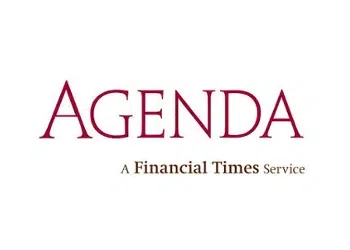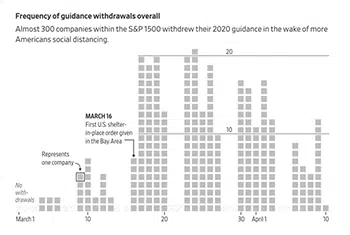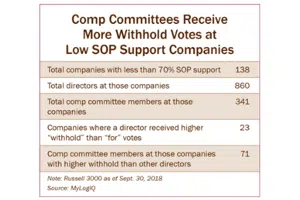Companies including Altria Group, CVS Health and Intel are the latest to have failed say on pay so far this proxy season, as investors zero in on longtime compensation issues that have been magnified by the coronavirus pandemic.
Indeed, investors are carefully scrutinizing how pay, strategy and performance will align to weather the storm. Shareholders may react to perceived failings on issues such as employee health and safety by voting against pay to send a strong message, sources say.
Additionally, traditional pain points for investors, such as one-time awards and lack of pay-for-performance alignment, are driving negative vote campaigns that have led to weak say-on-pay vote results for some companies this year.


